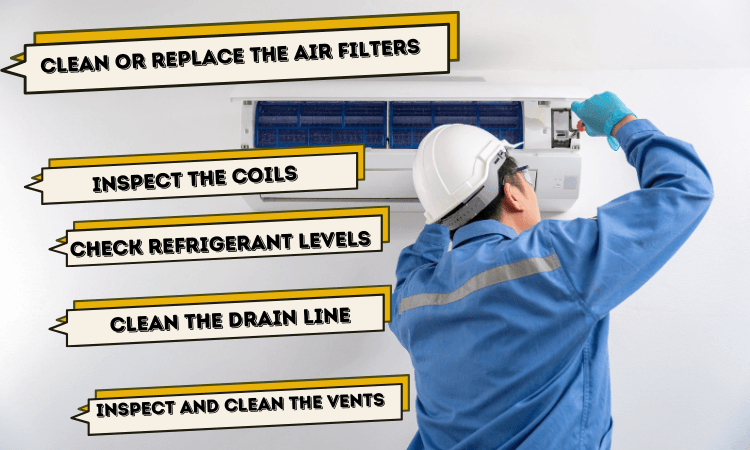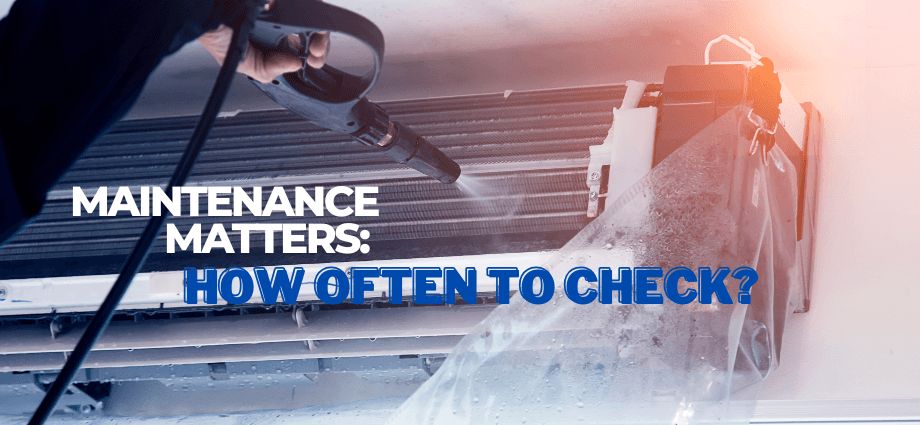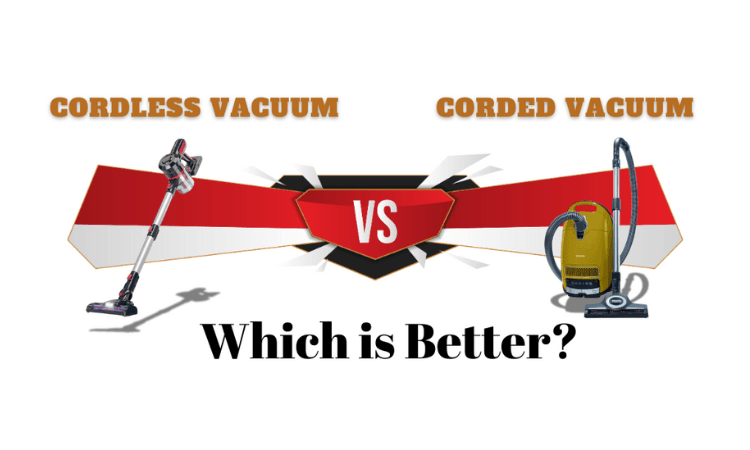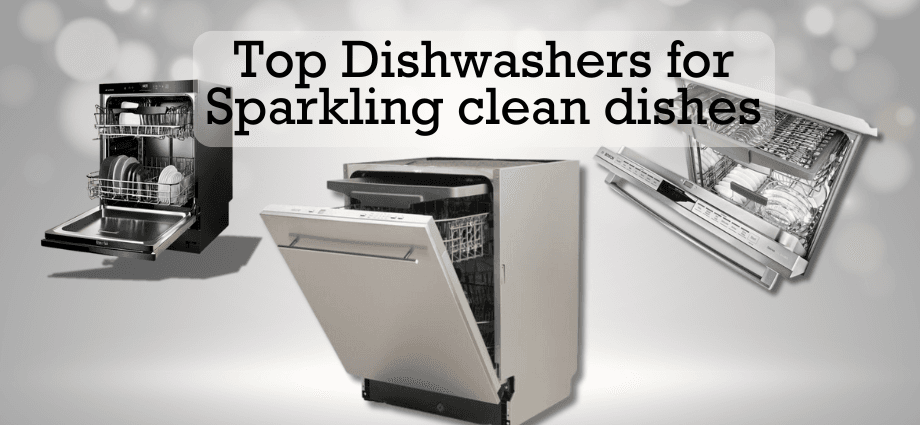Maintaining your air conditioner (AC) is crucial for ensuring it works efficiently, cools effectively, and lasts longer. Regular upkeep not only enhances performance but also reduces energy costs and extends the life of your unit. This guide covers essential maintenance steps you can take to improve your AC’s cooling capabilities and prevent costly repairs.
Why Regular Maintenance is Important
Taking care of your air conditioner is vital for maximizing its cooling performance and ensuring energy efficiency. Proper maintenance can prevent breakdowns and reduce your overall energy consumption, saving you money in the long run.
Improved Cooling Performance
When your AC is well-maintained, it can provide consistent and effective cooling. Clean filters, coils, and vents allow better airflow, improving the unit’s ability to cool your space efficiently.
Energy Savings
A well-maintained air conditioner operates with less energy. Tasks like cleaning the coils and changing the air filters ensure that your system doesn’t have to work harder than necessary, which lowers your energy bills over time.
Longer Lifespan
Air conditioners that receive regular maintenance are less likely to experience major failures. Keeping your AC in good condition helps avoid the need for expensive repairs and can extend its lifespan by several years.
Key Maintenance Tasks for Better Cooling
To keep your air conditioner running smoothly and efficiently, there are a few essential tasks you should perform regularly. These tasks help prevent common problems and improve overall system performance.

Clean or Replace the Air Filters
Air filters trap dirt and dust to keep the air clean. However, over time, filters can become clogged and reduce airflow, which impacts your AC’s performance.
- How to maintain: Check your filter every 1-3 months. If it’s washable, clean it with mild detergent and warm water. If it’s disposable, replace it with a new one.
- Recommended product: Honeywell Air Filter or Filtrete 1900 Ultra Allergen filters, which help trap dust and allergens effectively.
Inspect the Coils
The evaporator and condenser coils in your AC unit help regulate heat. Over time, dirt can accumulate on these coils, which reduces their ability to absorb and release heat efficiently.
- How to clean: For the condenser coils (outside unit), remove any debris and gently rinse them with water. The evaporator coils (inside unit) may require a professional cleaning if too much dust has built up.
- Recommended product: AC Coil Cleaner is a good option for cleaning these components safely.
Check Refrigerant Levels
Refrigerant is essential for cooling. If the levels are too low, your AC won’t cool effectively. It’s important to ensure that the refrigerant is at the right level for optimal performance.
- How to check: If your AC isn’t cooling well, you may have a refrigerant leak. In this case, it’s best to contact a professional to refill the refrigerant.
- Recommended product: A/C Pro Refrigerant Kit can help recharge your AC if needed, but professional servicing is often required for proper handling.
Clean the Drain Line
A clogged drain line can lead to water damage and poor performance. Cleaning it regularly ensures that your AC can effectively remove moisture.
- How to clean: Use a wet/dry vacuum or pour a mixture of vinegar and water down the line to clear any buildup of mold or algae.
Inspect and Clean the Vents
Clogged or blocked vents can cause uneven cooling throughout your home. Cleaning vents regularly allows for better airflow and efficiency.
- How to clean: Vacuum the vents to remove dust and dirt. Make sure nothing is obstructing airflow, such as furniture or curtains.
Signs Your Air Conditioner Needs Professional Help
While basic maintenance can prevent many issues, some signs indicate that your air conditioner needs professional attention. Addressing these issues early can save you from costly repairs.
Poor Cooling or Warm Air
If your AC is blowing warm air instead of cool, this may be a sign of a refrigerant leak, a faulty compressor, or another internal problem.
Strange Noises or Odors
Unusual sounds like grinding, buzzing, or rattling, or foul odors such as burning smells, can indicate a malfunctioning part. These issues should be checked by a professional.
Water Leaks or Excess Moisture
Water pooling around your AC unit or excessive moisture is usually a sign of a clogged drain line or refrigerant leak. These issues should be addressed immediately to avoid water damage.
How Often Should You Perform Maintenance?
To keep your AC working efficiently, it’s essential to establish a regular maintenance schedule. The frequency of maintenance will depend on how often you use your air conditioner and the climate in your area.

Seasonal Maintenance
Perform a thorough check-up on your AC unit before the start of summer. This ensures that it’s ready to handle the warmer weather and will cool your home effectively.
- Before summer: Clean or replace filters, inspect coils, and check refrigerant levels. You may also want to have a technician perform a detailed inspection.
- After winter: In colder months, you can perform a lighter maintenance check, such as clearing the outdoor unit of debris and covering it to protect it from the elements.
Monthly Checks
In addition to seasonal maintenance, you should perform basic checks on your AC every month to ensure that it’s running properly.
- Monthly tasks: Inspect and clean the air filters, clear any debris from the outdoor unit, and ensure vents are not obstructed.
Professional Servicing
It’s recommended to have a professional technician inspect your AC once a year, especially if it’s an older unit. A technician will check all the vital components, clean the coils, check refrigerant levels, and make sure everything is functioning properly.
Maintaining Your Air Conditioner Throughout the Year
Proper maintenance throughout the year ensures that your air conditioner works efficiently when you need it most, and it can help avoid unexpected breakdowns during the hottest months.
Spring and Summer Maintenance
Before summer arrives, give your AC a full inspection and cleaning. This prepares the unit for heavy use and ensures that it’s cooling efficiently when the temperatures rise.
Fall and Winter Maintenance
In the cooler months, your AC isn’t in use as frequently, but it’s still important to protect the system. Cover the outdoor unit to prevent debris from entering, and schedule a professional checkup if needed.
Conclusion
Regular maintenance is the key to a well-functioning air conditioner that cools effectively and efficiently. By following a simple routine of cleaning filters, checking refrigerant levels, and inspecting coils, you can enhance the cooling performance of your AC while extending its lifespan. Don’t forget to call in a professional technician for annual servicing or if you notice any signs of trouble. With these steps, you’ll enjoy a cooler, more comfortable home year-round, while saving money on energy bills and repairs.




